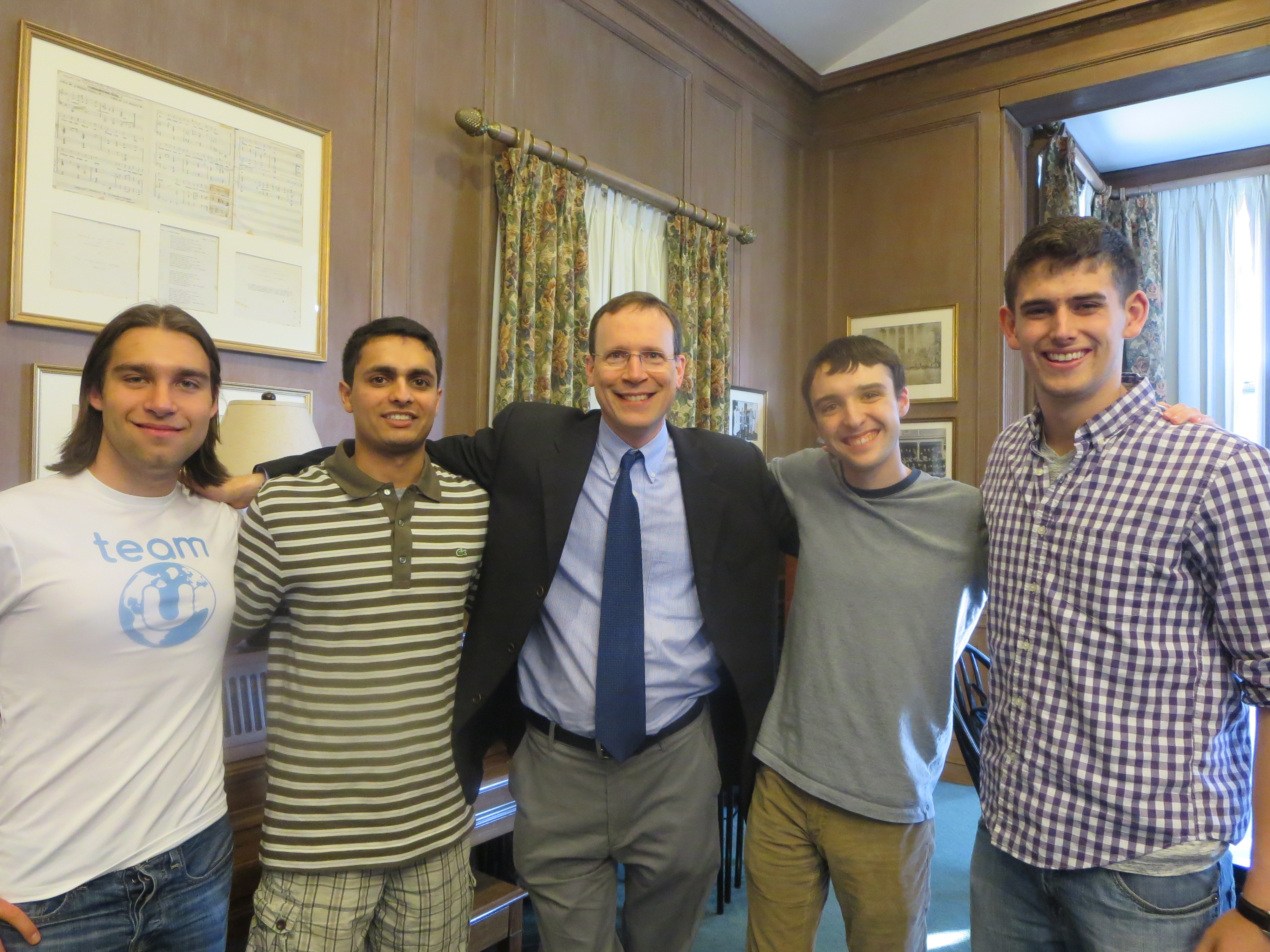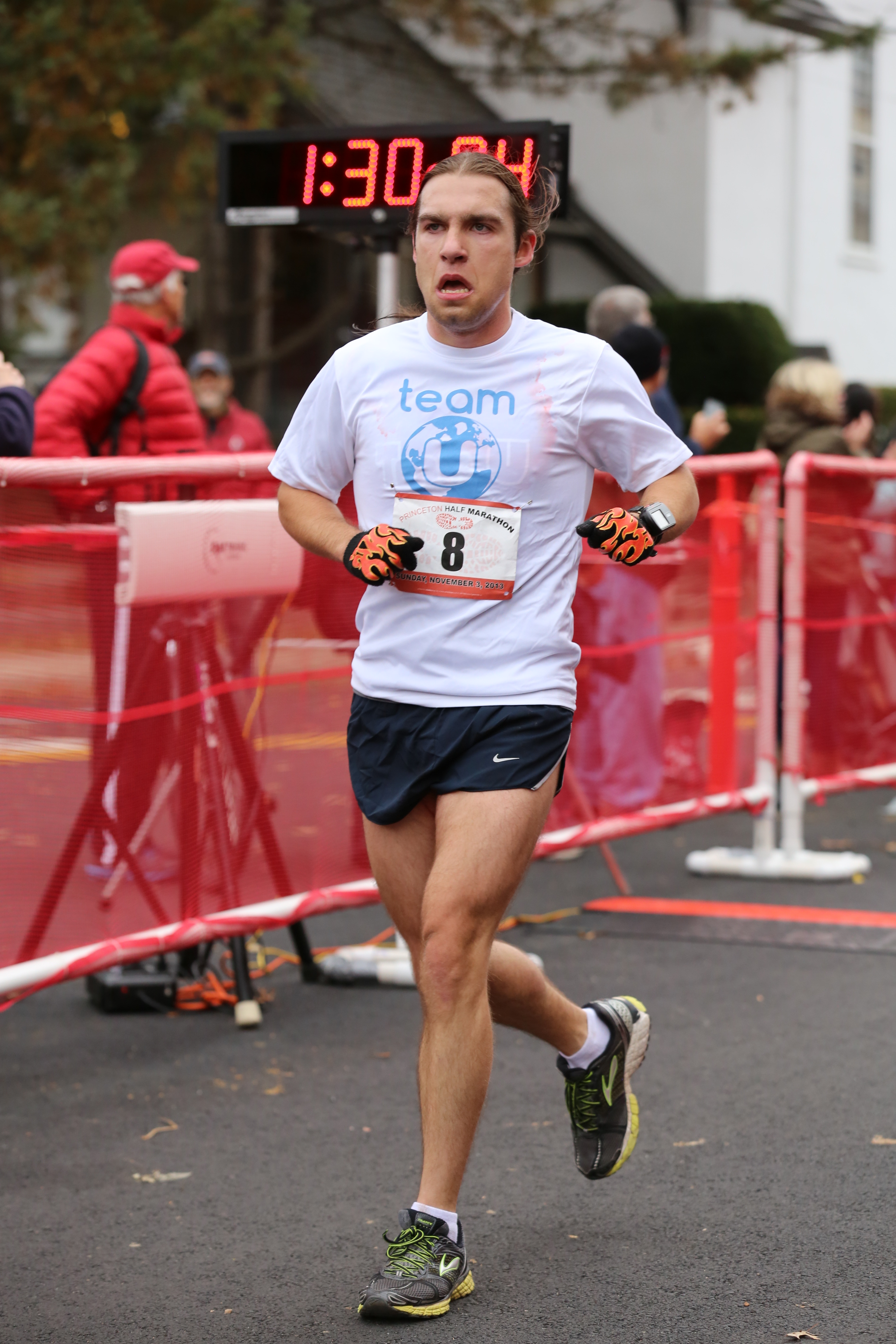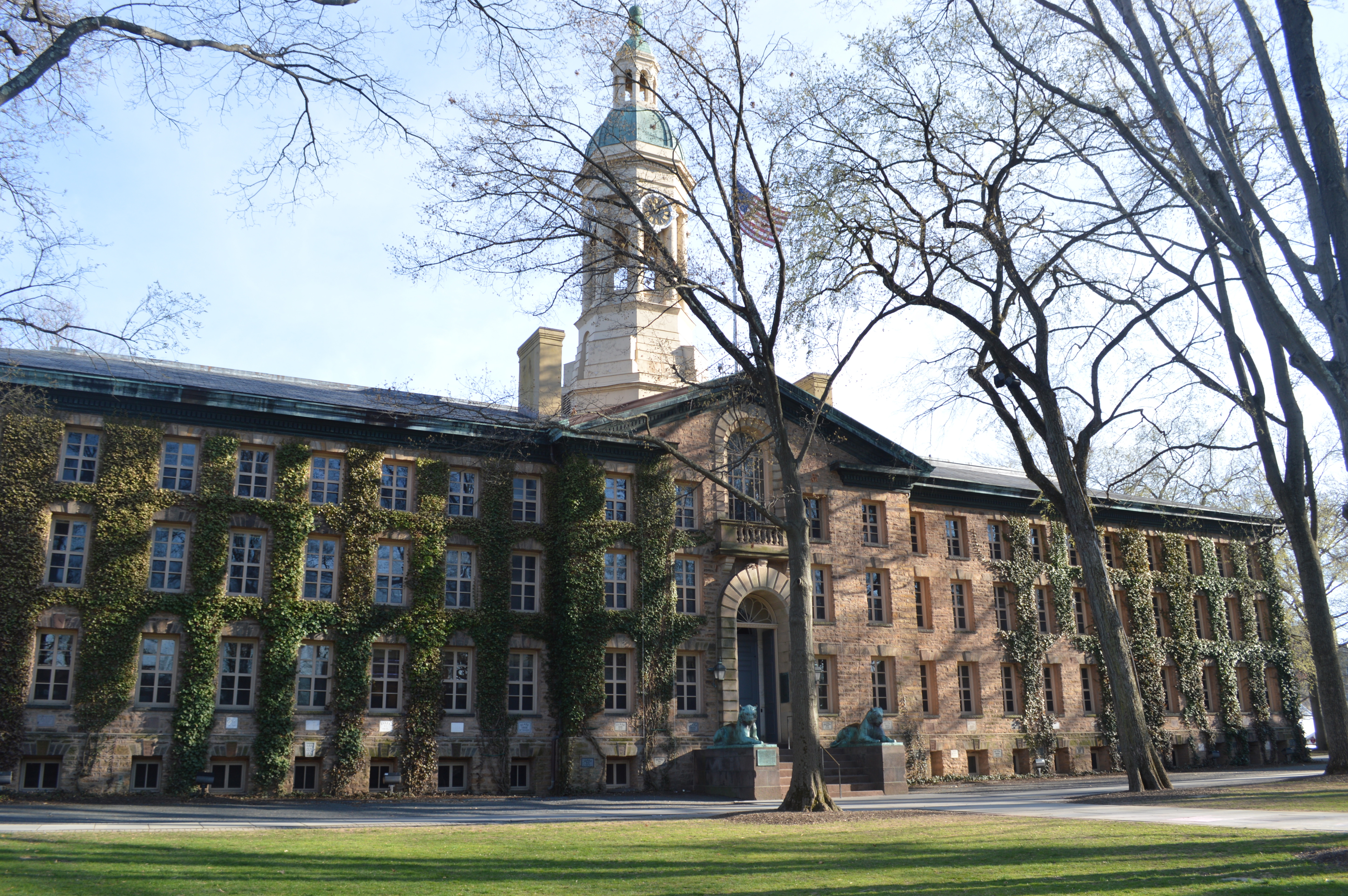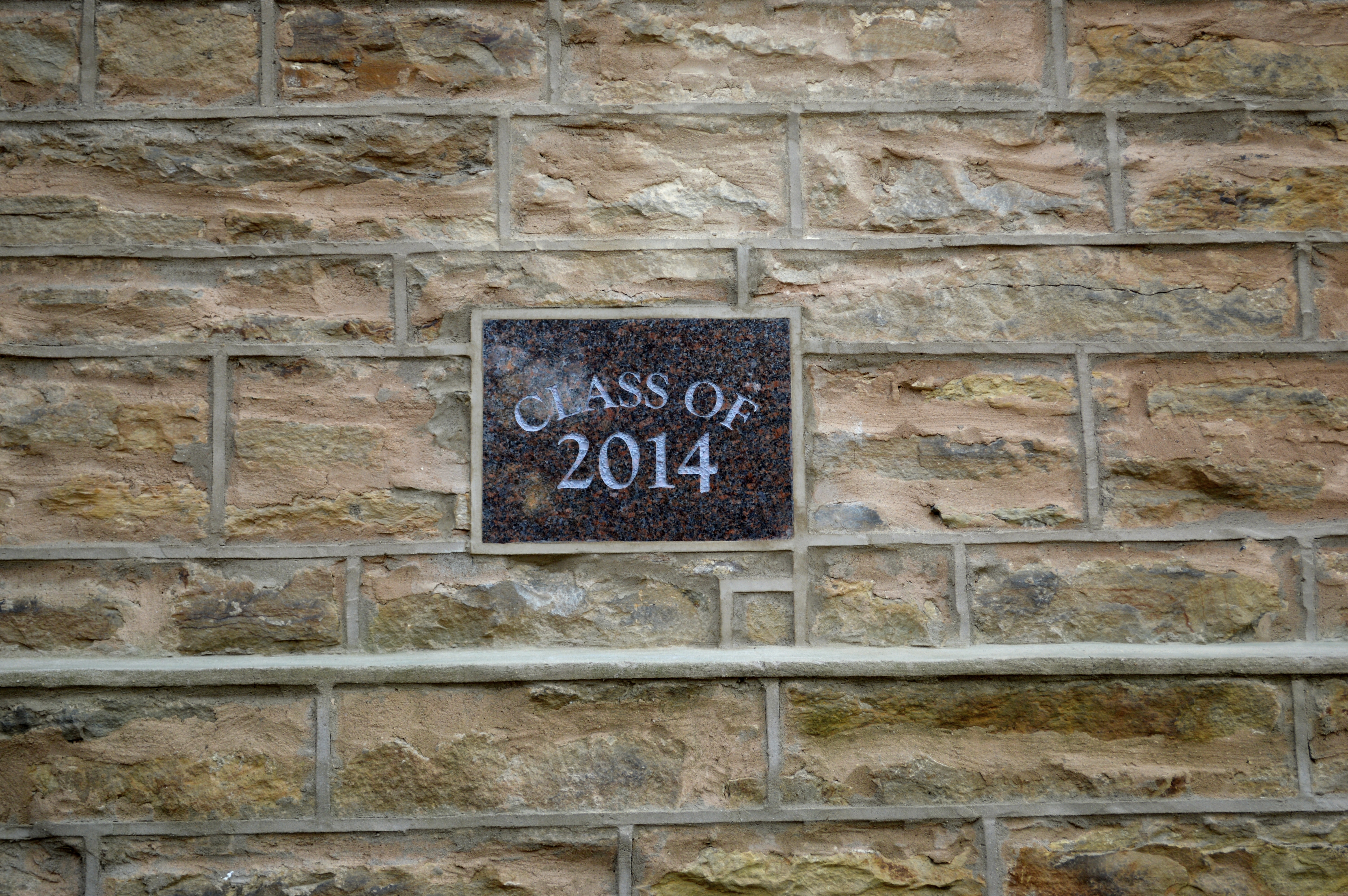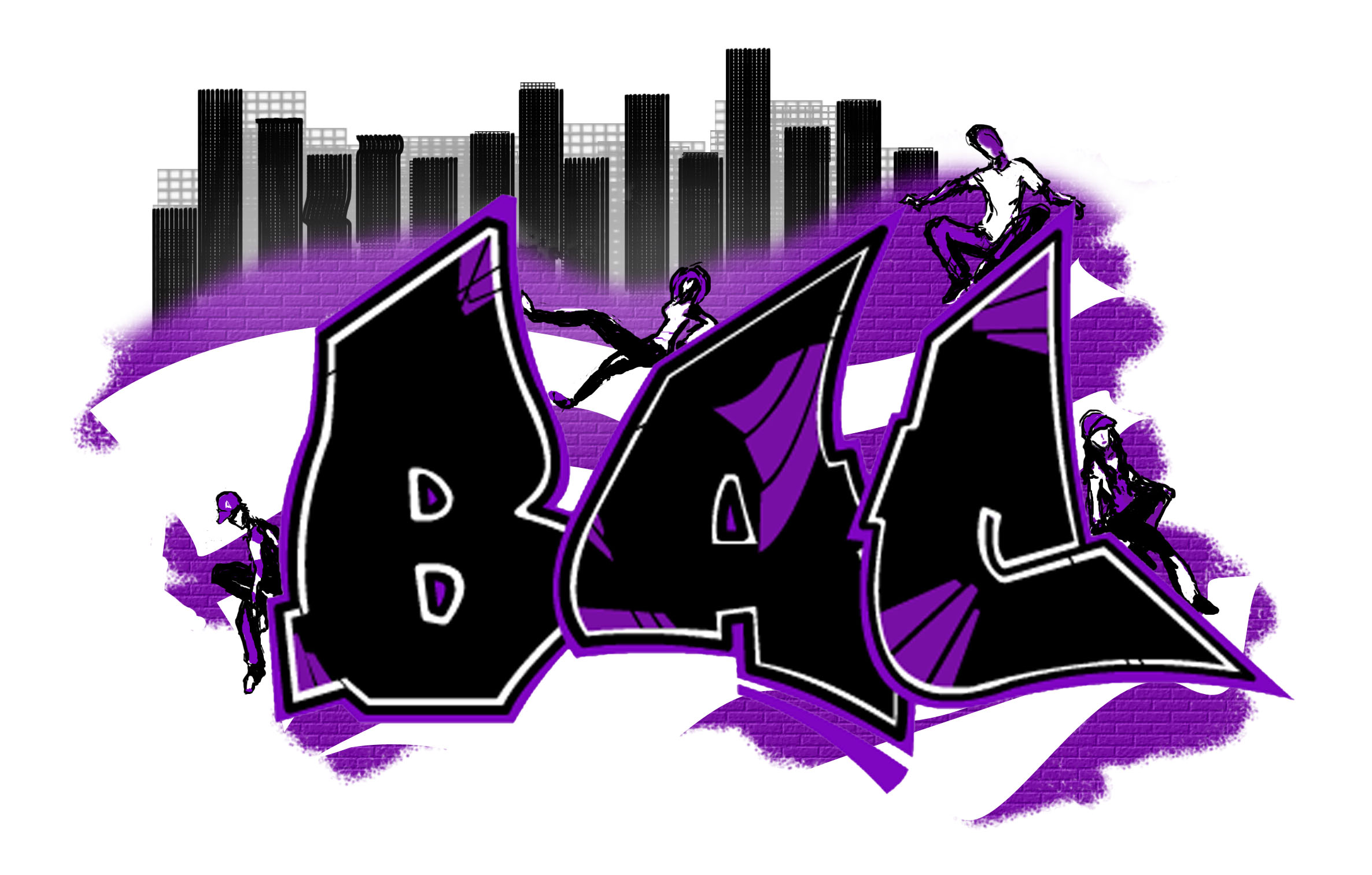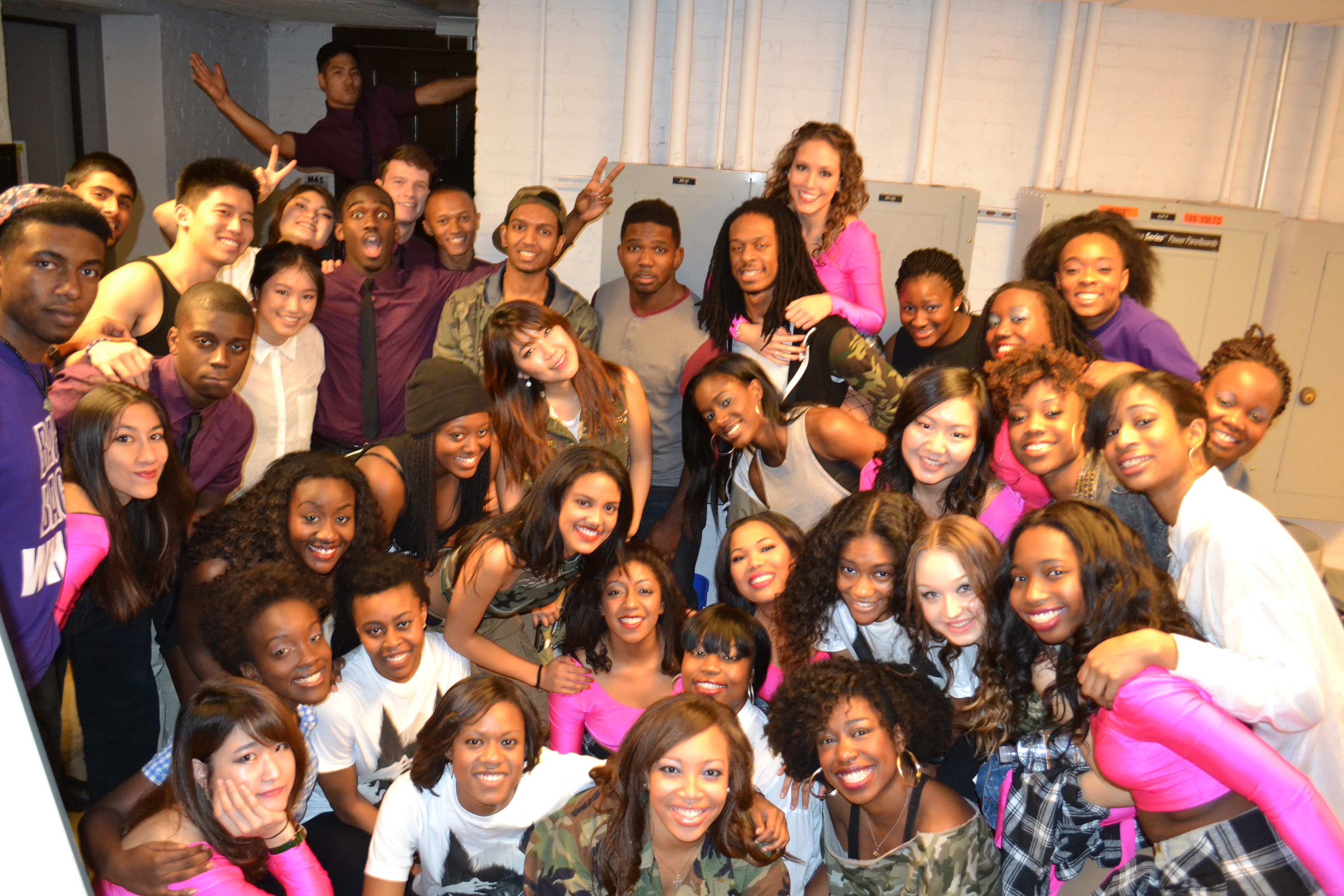Wow! Another year down. It is hard to believe that I am already halfway done with my time in Princeton.
As I pack for my first international internship through Princeton (or rather, totally procrastinate from packing … ), I want to reflect a little on when I arrived here.
I remember when I first thought of applying. There were a few seniors from my high school who were super happy here, and I recall being a little concerned that their good words would inflate my expectations.
I then visited and was truly astonished by the warmth of the Jewish community here, and further, the friendliness of the pre-frosh that I hung out with on Princeton Preview. Some of those pre-frosh ended up going to other colleges, as is to be expected, but many of the ones who opted for Princeton have remained close friends of mine.
Fast forward through my gap year (that will be the content of a post soon, I promise!), I was SO excited to get on campus. I arrived the Friday before move-in because of Jewish Sabbath and was able to spend my first night on campus at Shabbat Dinner at Chabad, one of the Jewish outreach groups on campus (the other is the Center for Jewish Life, or, CJL) where I enjoyed home-cooked food and a really vibrant atmosphere.
Then, classes. It was a bit of a crazy transition into my first college classes, actually. Considering that the Jewish holidays of Rosh Hashana (Jewish New Year) and Yom Kippur (day of atonement) both fell on class days early in the semester, I was faced with a lot of catch-up. Luckily, I easily got notes from people I contacted through my class email (you can send an email to the whole class through the online course system), and one lecturer even had OIT (Office of Information and Technology) film the lectures given on the Jewish high holidays anticipating that many students would be absent. It was really, really nice of him.
Well, since then I have acclimated much more, and gotten very used to the Jewish holiday-class make-up crunch that is the wonder of being a religious Jew on a secular campus. Among many other things, I have
-acted in three shows and directed (and acted in! see my earlier post about that here) another;
-become a student tour guide at the Princeton University Art Museum;
-joined the board of the Princeton Disabilities Awareness and the brand new Autism Awareness group on campus;
-been awarded a stipend to work at the Indian Institute of Cerebral Palsy this summer (leaving soon!);
- and declared a Psychology major.
And who knows what’s to come next!
For now, bring on summer and its new adventures. See you in the fall, Princeton.







